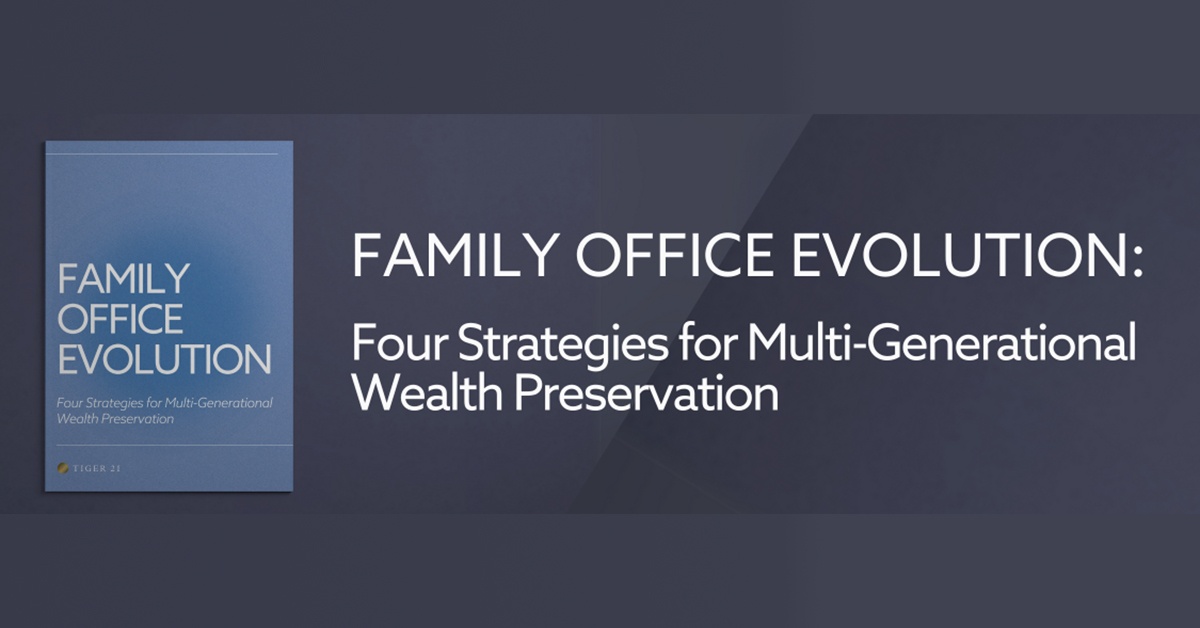Succession Planning Process: Six Questions Business Owners Must Answer

Succession Planning Process: Six Questions Business Owners Must Answer
Have you ever imagined that the transition out of your business could be the capstone of your career as a successful owner? Or do you think of the succession planning process only as contingency planning for your retirement?
For a moment, consider the possibility that business succession planning can lay the groundwork for your next adventure and ongoing success of your business and all those who depend on it.
First, the transition of a business is not just a one-time event. It is a journey that involves owners, their families, successors, and companies.
Second, the business succession planning process can accomplish far more than designating a successor and financing the transaction. It can help owners:
- Identify goals for themselves, their families, and companies
- Create meaningful and fulfilling next adventures for their lives
- Assess the skills and desires of possible successors
- Transfer the knowledge of how they do what they do to their successors
- Manage change in a way that honors their important relationships
- Communicate effectively with the right people at the appropriate time
- Eliminate their companies’ dependency on them and their dependence on their companies
- Evaluate various transaction strategies in light of their goals
It’s not surprising then that when owners think about putting their businesses in the hands of successors, they typically have a million questions. Does the person you want as your successor want to own your business? Are they capable of running the company? How will your spouse, family members, partners, and employees react to your choice? Will your successor take care of your employees and customers the same way that you have? Can your successor pay you what you want for your business?
These are just a few of the many succession planning questions you need to answer, and these only relate to your successor choice.
The inability to answer this multitude of questions can freeze owners in their tracks because they know how much is at stake for themselves, their families, businesses, and those they care about. They want to get it right.
The good news is that there’s a way to organize all the succession planning questions into six basic categories. We call these questions, The Big 6™.
Question No. 1: Why?
As soon as most owners begin succession planning, they jump immediately to questions about business value (How much?) and transaction strategies (How?). These are important questions, but we find that owners who try to answer them first become tangled in a web of options. We suggest that you begin with why. Why do you want to transition your business to a successor in the first place?
Question No. 2: What?
What objectives do you want the transition to achieve? What exactly can you transfer to a new owner and what do you want to transfer? The entire company? Parts of it? Just the intellectual property, real estate, or infrastructure?
Question No. 3: Who?
Who do you want to succeed you: a third party, family member, partner, or employee?
Question No. 4: When?
When do you want to begin and complete the transition of your business? When will your successor be prepared to assume ownership? When will your company be worth enough to satisfy your future financial needs?
Question No. 5: How much?
Once you have answered the above questions, you are better positioned to ask: How much money do you need from the transition to achieve your objectives?
Question No. 6: How?
How will you structure the transfer to meet your objectives? If your successor is an insider (family member or key employee), how will you transfer your business – will you sell equity, gift it, or use some combination? How will you transfer your business if you choose a third party – will you sell the entity or the assets?
The Order Matters
When owners ask the succession planning questions that begin with “How” and “How much,” it is quite natural to become stuck. That was the case for a young business owner who attended one of my presentations a few years ago.
“I hope you’re going to talk about how to restart conversations about succession, not just how to start them,” he said.
His was an unusual request, so I asked him a few questions and learned that two years before, he and his father had talked about his father’s transition out of his manufacturing business and his transition into ownership.
“We haven’t gotten near the topic in two years,” he started. “Once we started talking about how we might structure the transaction, how much he expected me to pay, how much he might give me, how we would make this fair for my sister, and how we’d manage taxes and financing, it got so complicated that we stopped talking. That’s why I’m here: I want to know how to restart the conversation!”
If you fail to consider the first four succession planning questions, then “How?” and “How much?” are almost impossible to answer in a way that:
- Fulfills both your emotional and material needs.
- Honors the relationships that are important to you.
- Positions your successor to be as (or more) successful as you are.
- Positions your company to be as (or more) successful under new ownership as it was under yours.
- Launches you into your Next Adventure™.
It is normal not to know the answers to all six questions before beginning your succession planning journey. Most owners know the answers to a few, are fairly certain about others, and cannot yet answer the rest.
The benefit of The Big 6 is that the answers point you in the direction you want to go and sharpen your vision of your business succession plan — that is a lot of value in just six questions.
About Elizabeth Ledoux
Elizabeth Ledoux is the founder of The Transition Strategists and serves as a Denver Chair for TIGER 21, the premier peer membership organization for high-net-worth entrepreneurs, investors, and executives. She is a thought leader and speaker on the topics of succession planning, navigating transitions for companies and leaders, family business, strategic growth, and the business journey. Elizabeth is the author of three books for business owners and entrepreneurs including her latest, It’s A Journey – The MUST-HAVE Roadmap to Successful Succession Planning.
About TIGER 21
TIGER 21 is an exclusive global community of ultra-high-net-worth entrepreneurs, investors, and executives.
Explore the TIGER 21 Member ExperienceMember Insight Reports










